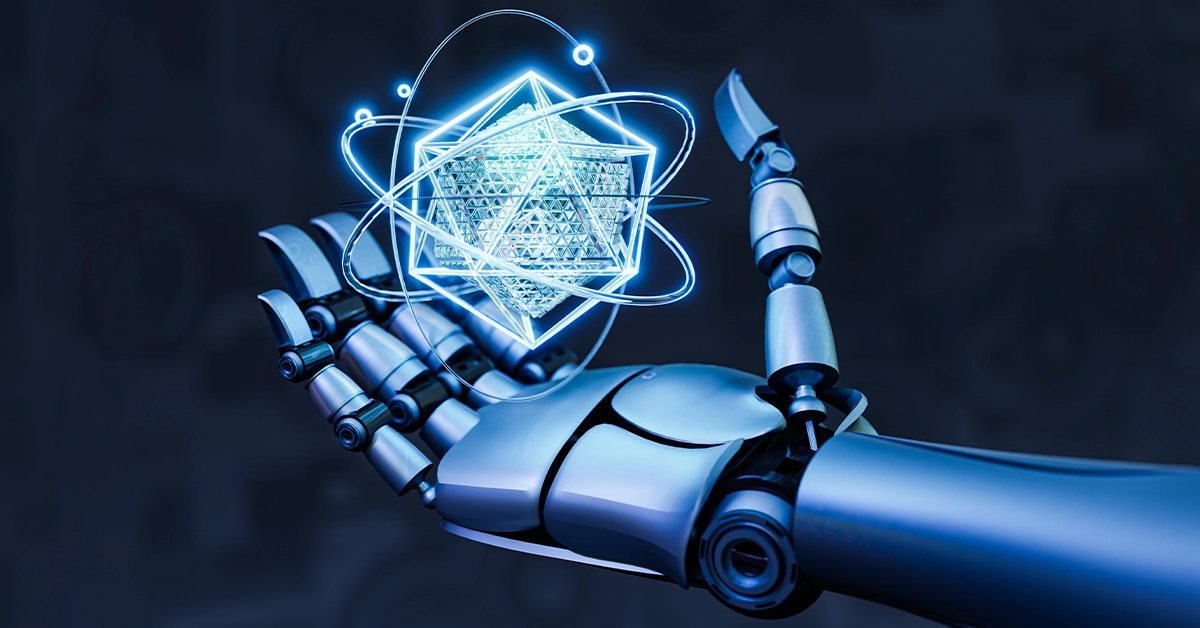A rapidly developing field of technology is artificial intelligence (AI), which includes robotics, big data, the Internet of Things (IoT), and generative AI. Its popularity and possibilities have grown much more. The future of humanity is still being shaped by these AI advancements in almost every sector. Over the next five years, more breakthroughs are anticipated in practically every business and daily activity. It may have an effect on the customer service, healthcare, automotive, and educational sectors. AI research may be progressing faster in some domains.
Education and Artificial Intelligence
AI has the potential to completely transform the industry by offering more customised instruction that has a significant impact on every learner. With personalised courses that change as students progress, intelligent tutoring systems and adaptive learning platforms aim to provide instant feedback while addressing the unique needs of each student.
This means that artificial intelligence (AI) tools will support the many educators who are too busy or too stretched too thin to be of any service, rather than robots taking the place of teachers. Teachers will have more time for instruction when they use AI-driven grading and assessment tools, which reduce their administrative burden.
Additionally, by identifying problem areas and providing targeted interventions, these evaluation methods can improve overall learning outcomes and ensure that every student gets the help they need to reach their full potential.
Using AI to Strengthen Cybersecurity
Cyber risks are not unaffected by technology; rather, they are developed alongside them. The next ten years will see tremendous advancements in cybersecurity thanks to AI. Artificial intelligence (AI) systems analyze massive datasets in real-time, searching for trends and abnormalities that can point to a cyberattack. This allows them to immediately identify risks and take precautionary action. If AI security can anticipate new attack strategies and enhance its defense mechanisms based on previous attempts, cybercriminals will have a harder time succeeding.
Additionally, a lot of incident responses may be automated by AI security systems, which lessens the workload for human security teams by limiting risks, isolating compromised systems, and other tasks. This emerging technology will protect key infrastructure, financial institutions, and personal data from hackers, thereby ensuring a safer digital environment.
AI for Tailored Healthcare
Over the next five years, predictive analytics driven by AI should become more and more important in the healthcare sector. With the use of this technology, medications will be tailored to the individual needs of each patient by analyzing specific patient data, such as genetics, medical history, and lifestyle preferences.
Imagine receiving a prescription or treatment plan that is customized to your genetic profile, improving efficacy and minimizing side effects. Early disease diagnosis, more precise patient outcome prediction, and potential drug interaction detection would all be aided by AI-assisted medicine. An increase in AI-powered medical devices, such as wearable health monitors and remote diagnostic tools, would improve healthcare accessibility and monitoring. Access to healthcare services might also be improved by AI-enhanced telemedicine, particularly in underserved or rural locations.
Better Virtual Helpers
In fact, modern technology like Google Assistant, Alexa, and Siri don’t seem nearly as futuristic and, in fact, their usefulness may even seem to be waning. But as AI develops, the best digital assistants ought to soon see substantial improvements. In the next five years, these AI-powered virtual assistants will be able to understand context and complete a variety of activities more rapidly and efficiently.
Better virtual assistants might arrange meetings, take calls, reply to questions, draft emails, and have more natural and vibrant conversations with users. Artificial intelligence combined with natural language processing will make these virtual assistants much more human-like. People with disabilities and the elderly, who would greatly benefit from more accessible technology, can take advantage of even more advantages from these improved assistants.
AI-Based Solutions for the Climate Crisis
The use of Artificial intelligence in the battle against global warming is becoming increasingly important. Massive amounts of environmental data may be processed by machine learning algorithms, which offer insights into long-term trends, extreme weather, and climate patterns. These data can be used to develop more effective programs for climate adaptation and mitigation.
On the other side of the dispute, artificial intelligence will be used to more efficiently optimize energy production and consumption. Because they can accurately forecast and control energy consumption, smart grids would promote the use of renewable energy sources. In order to ensure food security in a changing climate, AI can assist in the development of sustainable farming practices. Artificial intelligence (AI)-driven early warning systems for severe weather and natural catastrophes could also reduce damage and save lives, particularly in places that are vulnerable.

